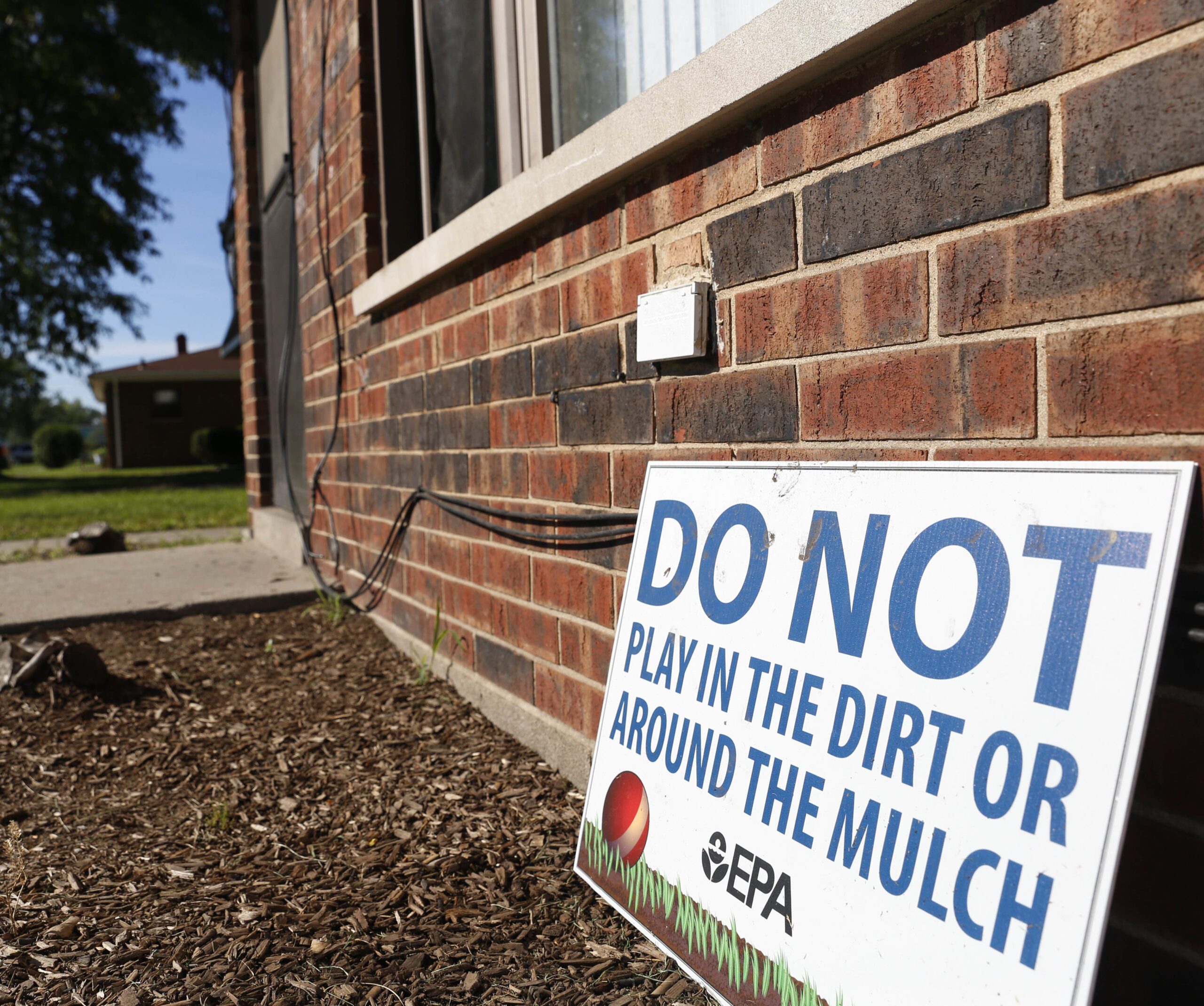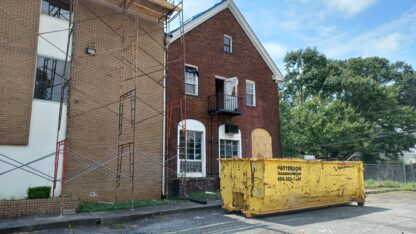EPA Proposes Prioritizing West Atlanta Lead Pollution For Funding And Cleanup

Tae-Gyun Kim / AP Photo
The U.S. Environmental Protection Agency wants to make lead contamination in West Atlanta neighborhoods a higher priority for cleanup.
The EPA is proposing to add the Westside Lead site, which encompasses the neighborhoods of English Avenue and Vine City, to its Superfund National Priorities List (NPL). It’s a move that would make the site eligible for funding from the federal government for long-term permanent cleanup, according to the agency.
“EPA recognizes that no community deserves to have contaminated sites near where they live, work, pray, and go to school,” EPA Administrator Michael S. Regan said in a news release announcing the proposal for the Westside site and another dozen sites around the country.
“By adding sites to the Superfund NPL, we are helping to ensure that more communities living near the nation’s most serious uncontrolled or abandoned releases of contamination have the protection they deserve,” Regan said.
While the many Superfund sites are on industrial properties, the Westside Lead site is largely residential.
Emory researchers, collaborating with the community group Historic Westside Gardens, found dangerous levels of lead in the dirt in some people’s yards in West Atlanta in 2018.
We need to make sure we’re not missing a population of children that are exposed.”
– State Rep. Katie Dempsey, R-Rome
In 2019, the EPA began testing yards for lead in English Avenue and Vine City. As the agency has continued testing, it’s also expanded the area where it’s looking for high levels of lead; the Westside Lead site now includes more than 2,000 properties.
The lead testing is free, but the EPA needs permission to check properties.
The agency has gotten permission to test 840 properties; of those, 311 have met the threshold for cleanup. The EPA has excavated and replaced the dirt at 93 of those properties. The agency says it’s prioritizing places where people currently live over abandoned and vacant properties.
Lead is especially dangerous to children. It can affect their brain development and long-term health. While removing lead from gasoline and paint has helped reduce lead in the environment, children can still be exposed to lead from old paint, lead pipes and contaminated soil.
According to the EPA, the lead in the Westside is likely left from foundries that used to operate in Atlanta.
Emory researchers recently got a grant to continue their work with West Atlanta communities on lead and other contaminants. And last week, Georgia lawmakers held their first meeting to study childhood lead exposure.
Rep. Katie Dempsey, a Republican from Rome, said she was motivated to organize the study committee because Georgia’s recommendations on what level of lead in a child’s blood should trigger an intervention have not kept pace with CDC’s recommendations.
“We need to make sure we’re not missing a population of children that are exposed,” she said. “We need to talk about it, we need to dive deep into it and see what we can come together as a committee and a state to do.”
The EPA will collect public comments on its proposal to add the Westside Lead site to the National Priorities List for two months, and it’s holding a virtual public hearing on it next month.








